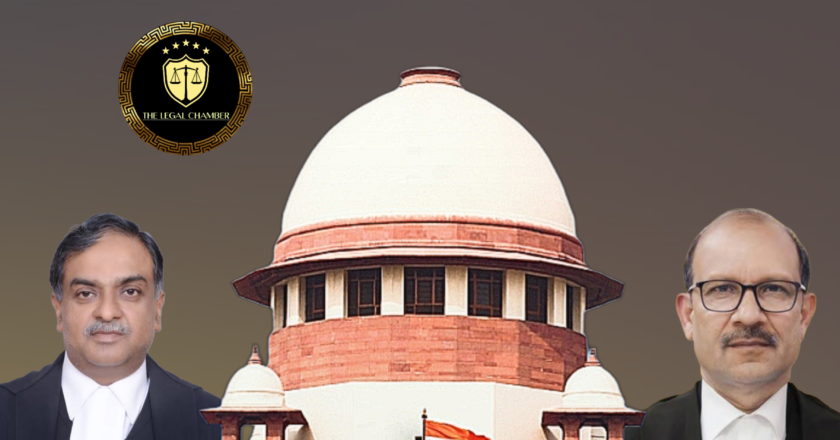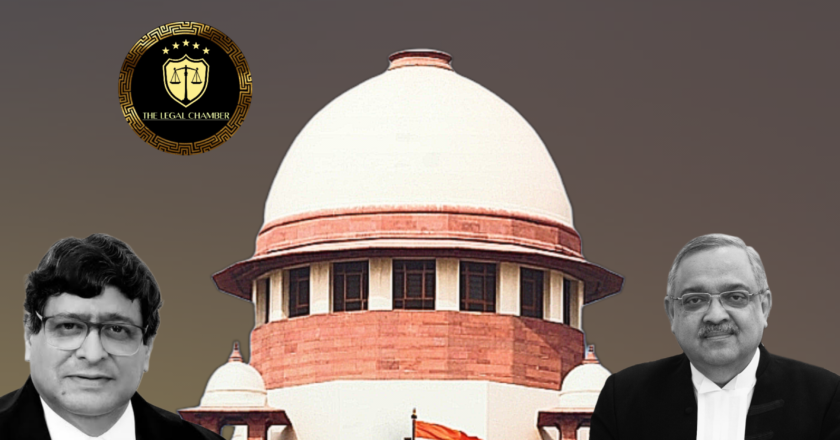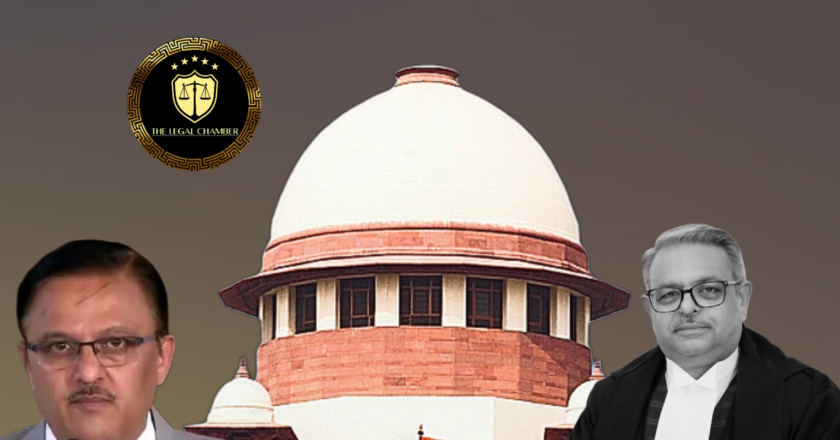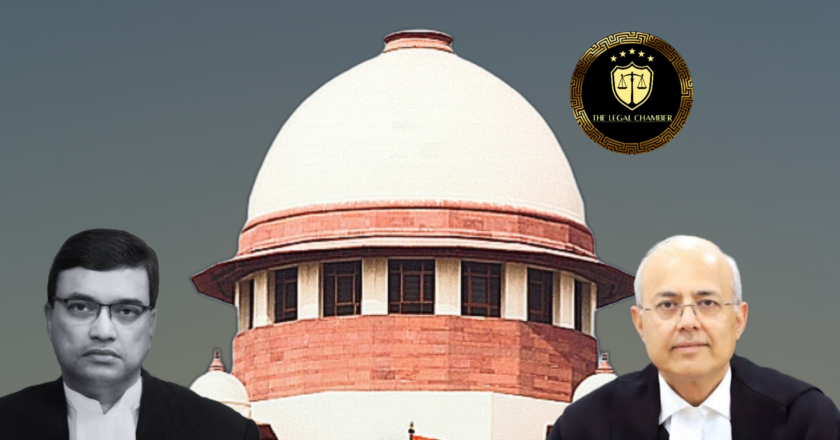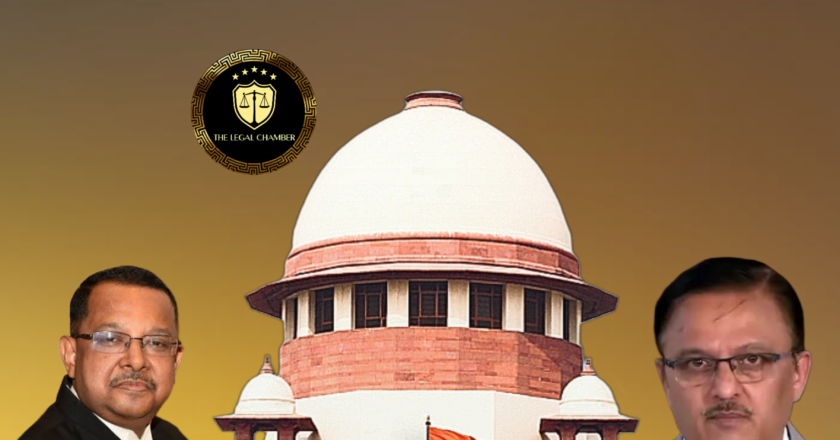Supreme Court Quashes FIR in Land Dispute : Civil Dispute or Criminal Case?
The Supreme Court quashed an FIR under Sections 406 and 420 IPC, ruling that the dispute was purely civil in nature and lacked criminal intent. The Court condemned the misuse of criminal proceedings to pressure the appellants in a land deal, imposing ₹10 lakh costs on the complainant for abuse of legal process. It emphasized that contractual breaches must be resolved through civil remedies, not criminal prosecution, unless fraudulent intent is clearly established. The judgment reaffirmed the need for courts to prevent harassment via frivolous FIRs in commercial disputes.
Facts Of The Case:
The case involved appellants Mala Choudhary (a 70-year-old widow of an Army officer) and her daughter, who owned a 500-square-yard plot in Telangana. In 2020, they orally agreed to sell the land to a c...
